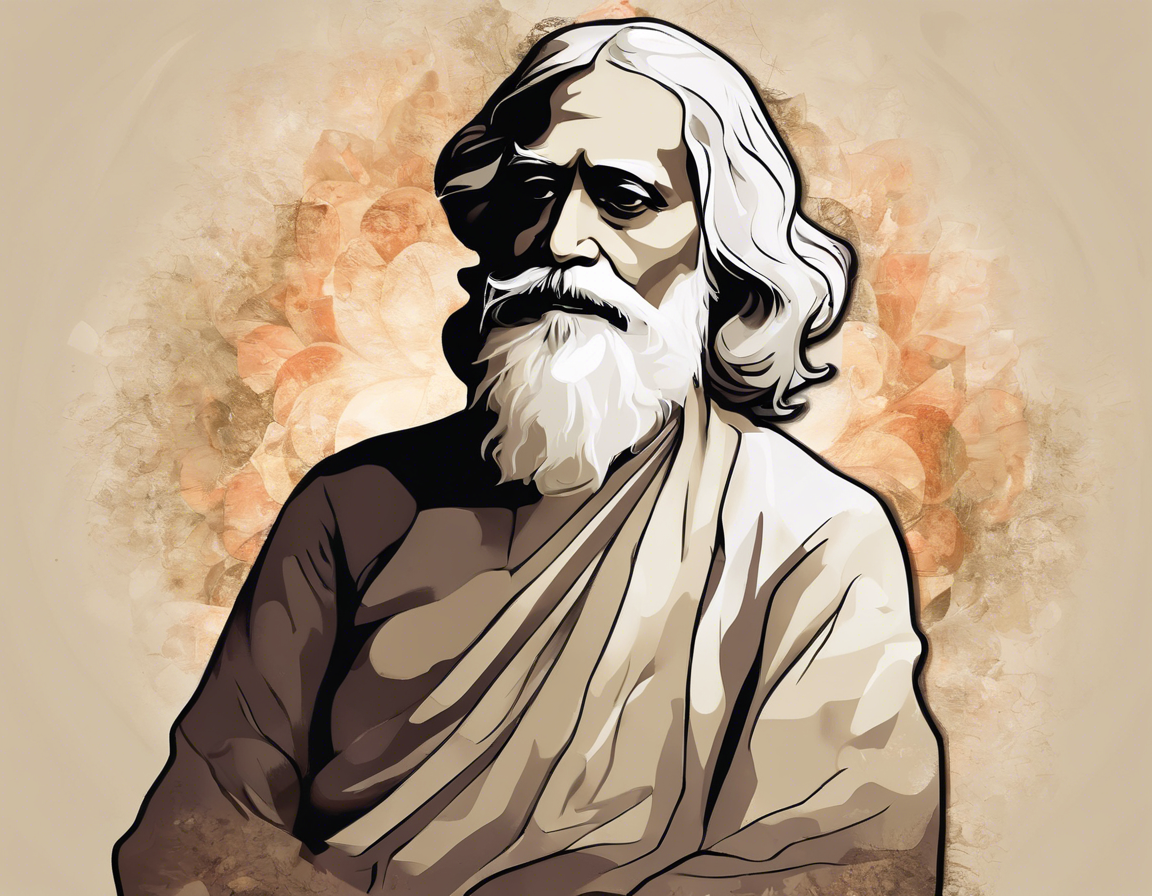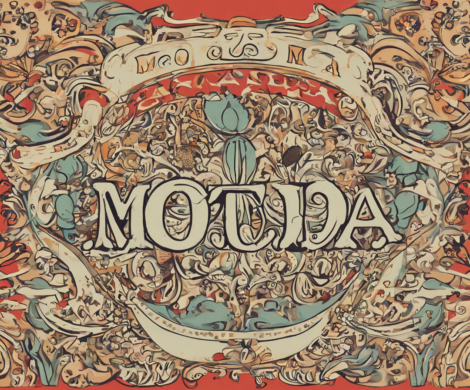Celebrating Rabindranath Tagore Jayanti: A Legacy of Wisdom.

Rabindranath Tagore Jayanti: Commemorating the Legacy of a Literary Giant
Rabindranath Tagore, one of India’s most revered luminaries, is celebrated each year on his birth anniversary, commonly known as Rabindranath Tagore Jayanti. This day offers us an opportunity to reflect on the life and works of a polymath who left an indelible mark on literature, philosophy, music, and art. Tagore’s contributions to the cultural heritage of India and the world at large are immeasurable, and his ideals of universalism, humanity, and creativity continue to inspire generations.
Early Life and Education
Rabindranath Tagore was born on May 7, 1861, in Calcutta, British India (present-day Kolkata, India). He hailed from a prominent Bengali family and was the youngest of thirteen children. Tagore’s early education was eclectic, drawing from both Western and Indian traditions. He was tutored at home and later attended various schools in Calcutta before being sent to England for formal education. However, Tagore left his studies in law at the University College London to pursue a career in literature and the arts.
Literary Contributions and Achievements
Poetry:
Tagore is best known for his poetry, which showcases profound lyricism, spiritual insight, and humanism. His collections of poems, such as “Gitanjali” (Song Offerings), earned him the Nobel Prize in Literature in 1913, making him the first non-European to receive this prestigious award. Tagore’s poetry reflects a deep connection to nature, an exploration of the human condition, and a yearning for spiritual transcendence.
Prose:
In addition to his poetry, Tagore was a prolific writer of essays, short stories, novels, and plays. His works often addressed social issues, cultural identity, and the clash between tradition and modernity. Tagore’s novel “Gora” and short story “Kabuliwala” are among his notable contributions to Indian literature, showcasing his narrative skill and philosophical depth.
Music and Art:
Beyond his literary endeavors, Tagore was a composer, musician, and painter. He composed thousands of songs, known as “Rabindra Sangeet,” which remain an integral part of Bengali culture and music. Tagore’s artwork, characterized by its simplicity and elegance, also reflects his poetic sensibility and love for nature.
Philosophy and Vision
Tagore’s philosophy was deeply rooted in universal humanism and spiritual freedom. He emphasized the interconnectedness of all beings, the importance of harmony with nature, and the pursuit of truth and beauty. Tagore’s vision of a world where individuals transcend barriers of nationality, religion, and culture resonates strongly in today’s globalized society.
Legacy and Influence
Rabindranath Tagore’s legacy extends far beyond his literary works. His multifaceted contributions to music, art, education, and social reform have left an enduring impact on Indian society and beyond. Tagore’s educational philosophy, embodied in the establishment of Visva-Bharati University in Santiniketan, emphasizes holistic learning, creative expression, and a harmonious blend of the East and the West.
Celebrating Rabindranath Tagore Jayanti
Rabindranath Tagore Jayanti is commemorated with various cultural programs, musical concerts, dance performances, and readings of Tagore’s works. Schools, colleges, and cultural institutions across India organize special events to pay tribute to Tagore’s legacy and introduce younger generations to his timeless wisdom.
Key Teachings of Rabindranath Tagore:
- On Universalism: Tagore believed in the essential unity of humanity beyond artificial divisions.
- On Education: Tagore emphasized the importance of creative and holistic education that nurtures the mind, body, and spirit.
- On Nature: Tagore’s reverence for nature is reflected in his poetry, music, and art, underscoring the interconnectedness of all life forms.
- On Identity: Tagore explored the complexities of personal and cultural identity, advocating for a synthesis of tradition and modernity.
- On Spirituality: Tagore’s spiritual vision encompassed a quest for inner transformation and transcendence beyond material existence.
Frequently Asked Questions (FAQs)
-
What is the significance of Rabindranath Tagore’s work in modern times?
Rabindranath Tagore’s works continue to resonate in modern times for their universal themes of love, nature, spirituality, and humanism. His vision of a harmonious world remains relevant in today’s increasingly diverse and interconnected global society. -
Why is Rabindranath Tagore Jayanti celebrated on May 7th?
Rabindranath Tagore Jayanti is celebrated on May 7th to commemorate the birth anniversary of the poet, philosopher, and Nobel laureate Rabindranath Tagore, who was born on this day in 1861. -
What is the significance of Rabindra Sangeet in Bengali culture?
Rabindra Sangeet, the songs composed by Rabindranath Tagore, hold a special place in Bengali culture for their poetic lyrics, melodious tunes, and philosophical depth. These songs are sung on various occasions to evoke a sense of emotional and spiritual connection. -
How did Rabindranath Tagore contribute to Indian nationalism?
Rabindranath Tagore’s literary and philosophical works played a crucial role in shaping Indian nationalism during the colonial era. His poetry and essays inspired a sense of pride in Indian heritage, language, and identity, fostering a spirit of cultural resurgence and resistance against colonial oppression. -
What is the legacy of Visva-Bharati University founded by Rabindranath Tagore?
Visva-Bharati University, founded by Rabindranath Tagore in Santiniketan, West Bengal, stands as a testament to his vision of an integrated educational institution that combines the best of Indian and Western traditions. The university continues to uphold Tagore’s ideals of creative learning, cultural exchange, and spiritual enrichment.
In conclusion, Rabindranath Tagore’s Jayanti is a time to reflect on the timeless wisdom and artistic brilliance of a man who transcended boundaries and enriched the world with his creativity and humanism. By celebrating Tagore’s legacy, we not only pay homage to a literary giant but also imbibe his ideals of love, harmony, and spiritual enlightenment in our lives.






